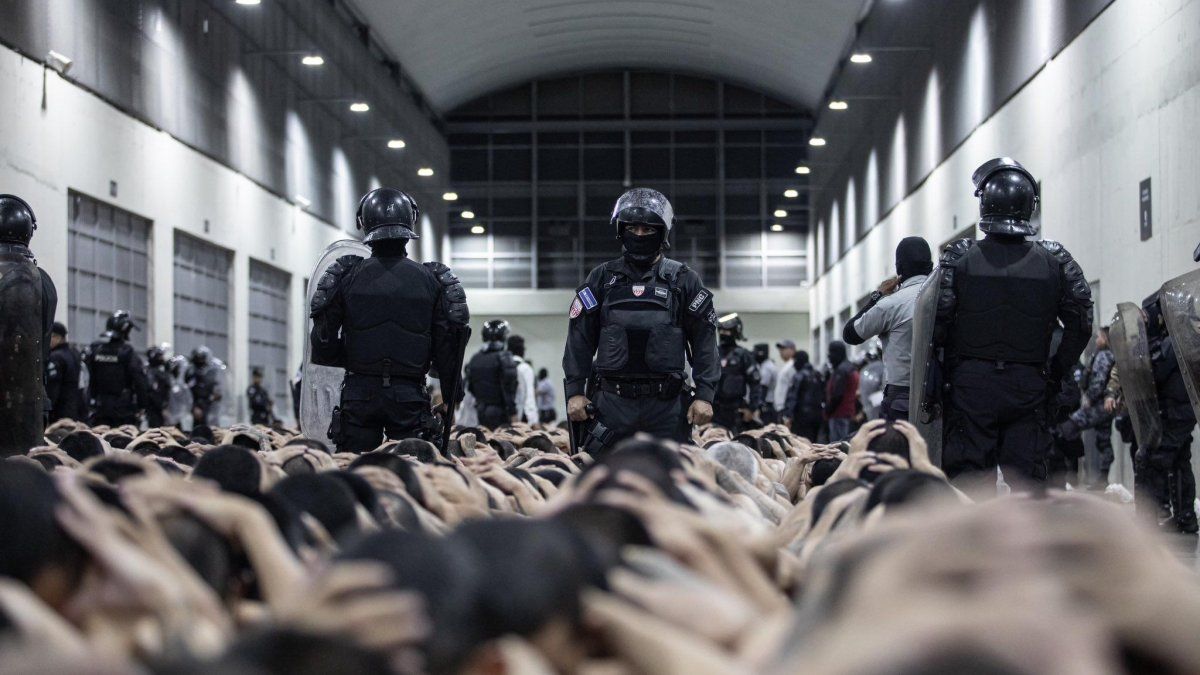Groundbreaking ceremonies are popular events for politicians. But when a spade is put into the ground in Dresden, it is something really special. The world’s largest chip manufacturer is coming to Europe.
There is not much to see of Saxony’s latest future project yet. But in the coming months, things are set to move quickly in Silicon Saxony – that is what the Free State calls its microelectronics and semiconductor industry around Dresden, loosely based on Silicon Valley in California. In 2027, the Taiwanese company TSMC and three partners plan to produce chips in the north of Dresden, primarily for the automotive industry. The world’s largest contract manufacturer of silicon microelectronics is thus coming to Europe. The symbolic groundbreaking ceremony is to take place today, with Chancellor Olaf Scholz (SPD) and EU Commission President Ursula von der Leyen expected as guests.
What is planned in Dresden?
TSMC is planning to build a new semiconductor factory together with the three companies Bosch, Infineon and NXP Semiconductor. The partners, who all have their own production facilities in Dresden, will each hold ten percent of the joint venture European Semiconductor Manufacturing Company (ESMC), with TSMC holding 70 percent. The company expects the investment to exceed ten billion euros. Half of the investment costs will be paid by taxpayers in Germany, as the deal includes a government subsidy package.
What exactly should be produced?
In contrast to the chips for high-performance smartphones, the semiconductors from the new plant in Dresden will not be manufactured using the latest 3 or 4 nanometer processes, but with higher structure widths. Such conventional chips are common in the automotive industry. With the spread of networked vehicles and electric cars, the industry needs more and more of them.
Where will the skilled workers for the new plant come from?
ESMC is planning to create 2,000 jobs. Provision is already being made for the need for skilled workers. The first 30 students from Saxon universities recently returned from Taiwan. They studied there for six months and completed internships at TSMC. A dual training program in the professions of microtechnologist and mechatronics engineer is to begin next year. In January 2025, the company plans to be present at the “Karrierestart” training fair in Dresden. Specialists from Taiwan are also to support the work in Dresden.
How far along are other major projects in the industry in Germany?
Intel is planning to build several chip factories in Magdeburg. With a volume of around 30 billion euros, it is the largest investment in Germany since the Second World War. The federal government wants to provide aid of 9.9 billion euros for this, but EU approval is still pending. Intel is now on a cost-cutting course, but according to the state government in Magdeburg, it is sticking to its plans.
In Ensdorf, Saarland, the US manufacturer Wolfspeed is planning to build a factory for silicon carbide semiconductors for around 2.7 billion euros. However, there are delays. Wolfspeed has announced that construction is not expected to begin until 2025. In Munich, the iPhone company Apple is expanding its center for chip design at a cost of billions.
Another expansion project is taking place in Dresden, not far from the TSMC project: the construction of a new factory by the German manufacturer Infineon is progressing well, according to CEO Jochen Hanebeck. The machines are due to arrive in September 2025 and production will begin the following year. Infineon plans to invest five billion euros in this expansion and create over 1,000 new jobs.
Why does the federal government support the settlements?
Delivery bottlenecks during the Corona period have revealed how dependent Germany and Europe are on chip supplies, especially from Asia. The automotive industry was hit particularly hard. Several manufacturers had to suspend production. Now, from the perspective of Chancellor Olaf Scholz (SPD), Germany could become the major location for semiconductor production in Europe. This is important for the resilience of production structures around the world, Scholz explained last year when the Dresden project was announced. State aid is not unusual for such projects. But there is also repeated criticism of helping companies with taxpayers’ money.
Source: Stern




